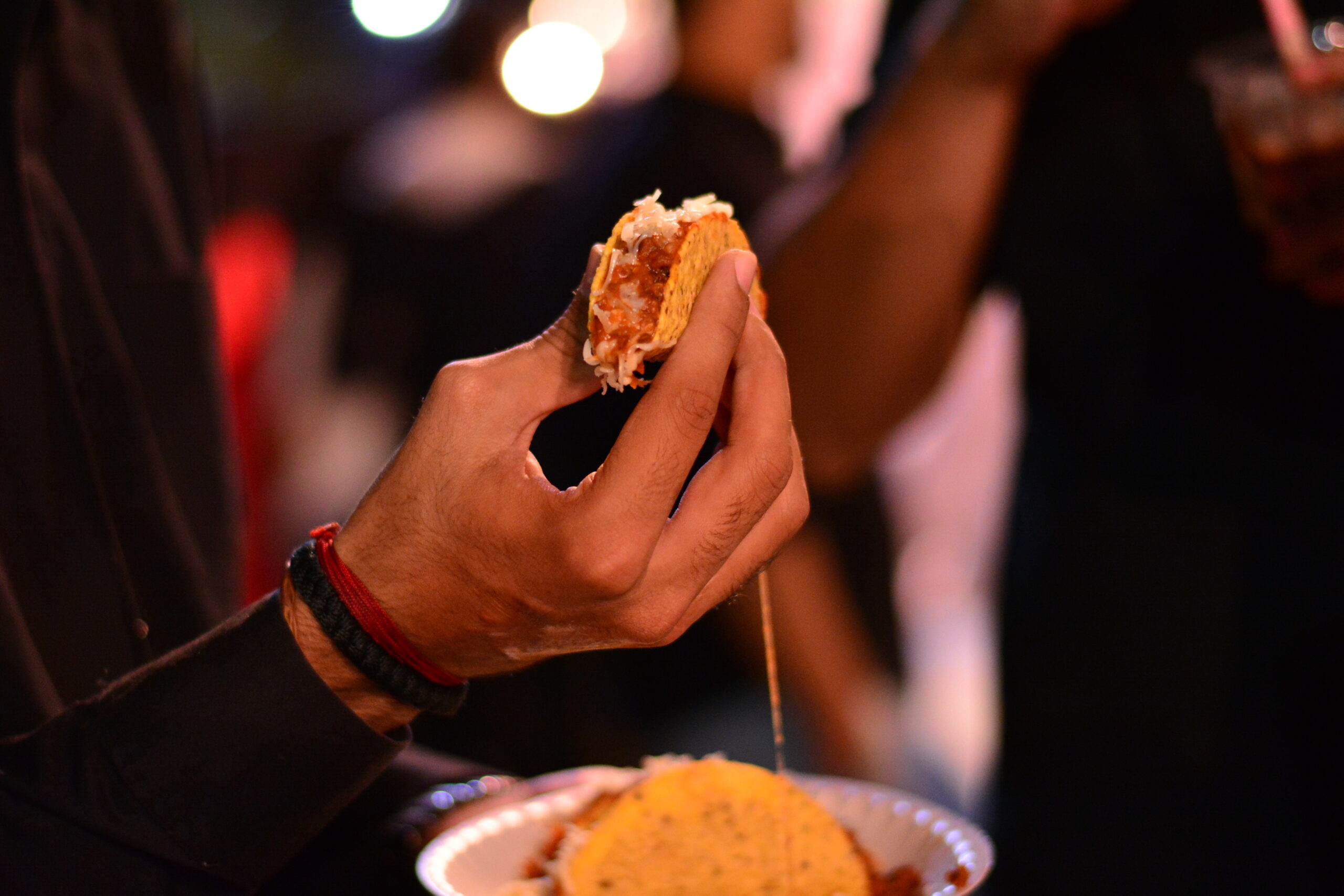Chicano cuisine is more than just food; it is a vibrant celebration of identity, resilience, and creativity. Rooted in the experiences of Mexican-Americans, this culinary tradition has continuously evolved while remaining deeply tied to its cultural origins. From the family kitchens of East LA to the bustling taquerías of San Diego and the innovative food trucks of the Bay Area, Chicano cuisine in California reflects a dynamic blend of flavors, storytelling, and traditions.
Honoring Tradition: The Foundations of Chicano Cuisine
At its heart, Chicano cuisine is built on the foundation of traditional Mexican recipes, lovingly passed down through generations. Staples like tamales, pozole, and enchiladas have long been essential to family gatherings and celebrations. These dishes are not just meals—they are vessels of culture, representing the ingredients, techniques, and ancestral knowledge brought to California by Mexican immigrants.
Take the classic carne asada, for example, marinated in citrus and spices before being grilled to perfection. This dish, often served at community gatherings or Sunday barbecues, embodies the spirit of Chicano life—rich, communal, and tied to the land and its history. Similarly, dishes like chile verde and mole poblano carry stories of both struggle and survival, reminding us of the strength and adaptability of the Chicano community.
Fusion Flavors: Modern Influences on Chicano Cuisine
Over the decades, as Chicano culture became intertwined with broader American experiences, so too did the cuisine diversify. The proximity to other immigrant communities, as well as exposure to local and global food trends, has led to creative fusions that remain true to Chicano roots while embracing innovation.
For example, the rise of Asian and Chicano neighborhoods side by side in parts of California like LA’s Koreatown or San Francisco has inspired dishes like bulgogi tacos and kimchi quesadillas. Similarly, the intersection of Chicano food with the vegan movement has empowered chefs to reimagine traditional recipes with plant-based twists. From jackfruit carnitas to vegan elote slathered with cashew crema, these dishes honor tradition while welcoming inclusivity and dietary diversity.
California’s farm-to-table movement also plays a crucial role in the development of modern Chicano cuisine. Many chefs prioritize fresh, locally-sourced ingredients, drawing from California’s bountiful agriculture to create modern takes on traditional recipes. For instance, high-end Mexican-American eateries in San Diego have become known for offerings like beet-infused tortillas and artisanal micheladas, showcasing how tradition meets contemporary flair.
Food as Identity and Storytelling
Food is more than sustenance; it is a way to tell stories, pass on history, and connect with one’s roots. Chicano cuisine, in particular, serves as a bridge between generations. Many Chicano families in California maintain their traditions by teaching younger members to prepare iconic dishes, ensuring that essential cultural practices remain vibrant. Recipes, often undocumented and shared through demonstration, carry the love, resilience, and pride of past generations.
Celebrations like Día de los Muertos (Day of the Dead), quinceañeras, or even Sunday dinners highlight how intertwined food and culture are. Tables adorned with pan dulce, champurrado, or freshly made tortillas and salsas are more than appetizing spreads—they are spaces for connection, storytelling, and honoring the rich tapestry of Chicano heritage.
Preserving and Celebrating Chicano Food Traditions
Amid ongoing evolution, preserving the soul of traditional Chicano recipes remains important. With gentrification affecting longtime neighborhoods in East LA or San Jose, communities are coming together to safeguard their culinary heritage. Initiatives like food festivals, cooking workshops, and pop-ups led by Chicano chefs are just some examples of how the culture adapts while refusing to lose its essence.
Exploring Chicano cuisine is an opportunity to learn, respect, and immerse oneself in a tradition that blends resilience and community pride. Whether savoring a traditional plate of arroz y frijoles or sampling innovative dishes like sushi burritos with a Chicano twist, the importance of celebrating these flavors cannot be overstated.
Keep Our Culture Alive
Chicano cuisine continues to evolve, bridging generations and communities through its creative and resilient spirit. We invite you to join the movement to honor these traditions—explore local Chicano eateries, try your hand at preparing a family recipe, or engage in discussions about the role food plays in cultural identity. Share your experiences, celebrate the delicious diversity of Chicano cuisine, and help preserve its rich cultural legacy for future generations.



